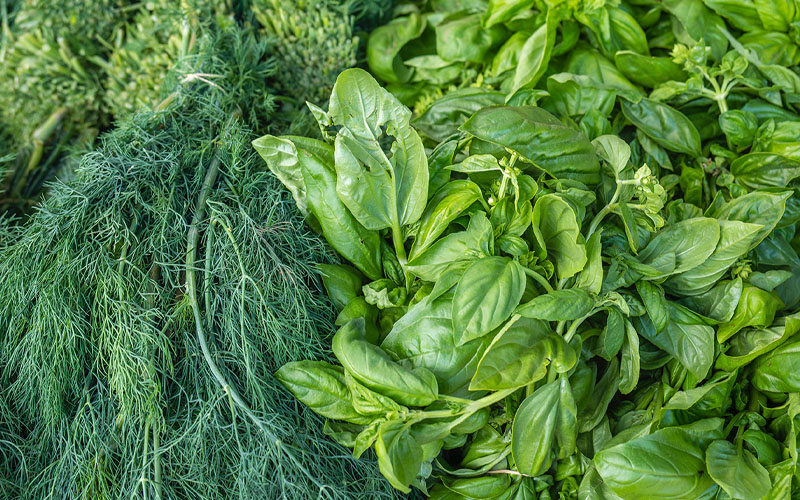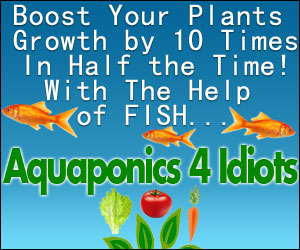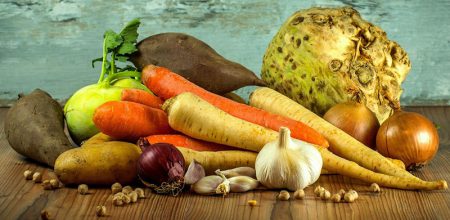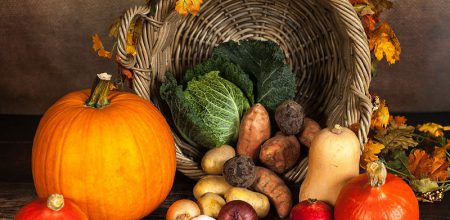
When you decide to start your own garden, there are many different types of things you can grow, from flowers to fruits, herbs and vegetables. Depending on the purpose for you growing your garden, you may want to select the most nutritious foods possible to nurture your body to good health.
You have to first start by looking at what you enjoy eating. You don’t want to grow something like beets, even if they are packed with vitamins and minerals that can help your body, if you dislike the flavor and know you’ll have a hard time eating them.
One good rule of thumb is to think along the lines of a rainbow. You want to be eating foods in each color of the rainbow to get the best nutrition possible from the foods you’re growing in your garden.
Colorful vegetables pack a nutritional punch, so look for bright and deep, rich colors such as red peppers, purple eggplants, and so on. You also want to make sure you grow dark, leafy greens, like collards or mustard greens, spinach or kale.
You’ll find that dark, leafy greens are packed with iron and are considered superfoods in terms of the nutritional profile they possess. Cabbage and Brussel sprouts are other leafy greens that have a good, hearty nutritional backing.
Brussel sprouts help ward off illness with the incredible level of vitamin C they provide. And cabbage can help keep your cholesterol levels in check. You can even grow red cabbage if you prefer that over the green variety.
Things like spinach can be grown in any zone, and you’ll be able to harvest your garden for weeks on end, not just a single picking process. Usually, with some leafy greens, you’ll harvest the biggest leaves from the outside and work your way in as it continues to provide for you.
Another green food that helps you nutritionally is broccoli. This is another food that works well in almost any zone, and it not only gives you ample vitamin B, but also plenty of fiber and calcium, too.
One thing you might want to consider is growing sweet potatoes over the other kinds. Sweet potatoes are far healthier because they give your body the manganese and vitamin A that it needs.
Whenever you’re looking for the best foods to grow in your garden, it might help to have your doctor do an exam and blood panel profile of you first, so you can see where you’re nutritionally deficient.
Then you’ll be able to grow foods that correspond to what your body needs most. For instance, if your trip to the doctor identifies a growing blood pressure problem, then you might want to start growing tomatoes, Swiss chard, carrots, celery and other items that naturally help with this issue.






